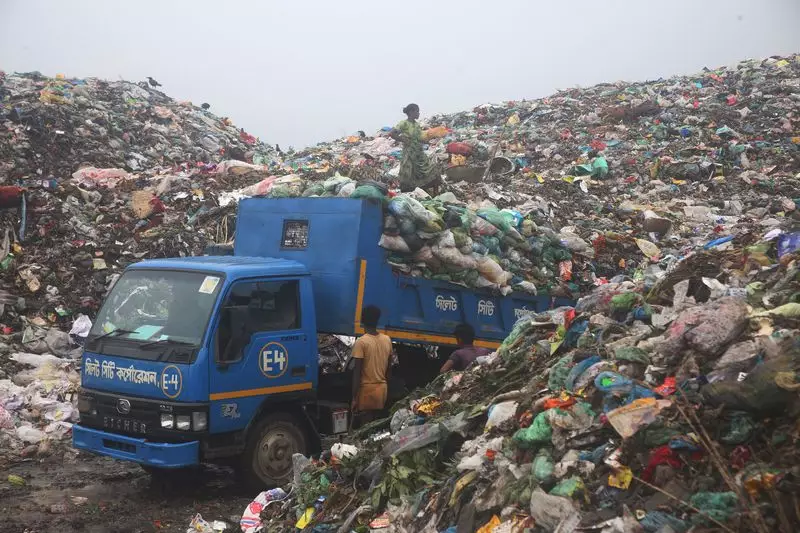
Punjab stands at the brink of an economic revolution hidden in plain sight - its mounting garbage problem. The state currently generates approximately 5,000 tonnes of solid waste every single day, presenting both a massive environmental challenge and an unprecedented economic opportunity worth Rs 5,500 crore.
The Gold Mine in Punjab's Garbage
According to recent assessments, Punjab's daily waste generation contains valuable resources that remain largely untapped. The estimated economic potential of Rs 5,500 crore represents a transformative opportunity for the state's economy and environment alike. This staggering figure encompasses various revenue streams from waste processing, recycling, and energy generation.
The composition of Punjab's waste reveals why this potential exists. Organic waste constitutes the largest portion at 40-60%, followed by recyclable materials including plastics, paper, glass, and metals. This diverse mix enables multiple value extraction pathways through composting, recycling, and waste-to-energy conversion.
Current Infrastructure and Challenges
Despite this enormous potential, Punjab's waste management infrastructure remains underdeveloped. Only 30-40% of the generated waste currently receives proper processing, leaving significant quantities to be dumped in landfills or open spaces. This not only represents lost economic value but also creates serious environmental and public health concerns.
The state operates several waste processing facilities, including compost plants and limited waste-to-energy projects. However, these facilities often function below capacity due to operational challenges, inadequate segregation at source, and technical limitations. The gap between waste generation and processing capacity continues to widen as urbanization accelerates and consumption patterns evolve.
The Path to Waste Transformation
Realizing Punjab's waste-to-wealth potential requires a multi-pronged approach focusing on several key areas. Source segregation emerges as the most critical first step, enabling efficient processing and maximizing resource recovery. Without proper segregation at household and commercial levels, the quality and value of recyclable materials diminish significantly.
Investment in modern processing infrastructure represents another crucial component. This includes material recovery facilities for sorting recyclables, advanced composting plants for organic waste, and appropriate waste-to-energy technologies tailored to Punjab's specific waste composition. Public-private partnerships could play a vital role in bridging the investment gap and bringing technical expertise to the sector.
Economic and Environmental Benefits
The transformation of Punjab's waste management system promises substantial benefits beyond the direct economic value. Proper waste processing can generate employment opportunities across skill levels, from waste collection and sorting to specialized technical roles in processing facilities. This job creation potential aligns with the state's broader economic development objectives.
Environmental benefits include reduced groundwater contamination from landfill leachate, decreased air pollution from open burning, and lower greenhouse gas emissions. Additionally, recovered materials can reduce the need for virgin resource extraction, contributing to resource conservation and circular economy principles.
The journey from viewing waste as a problem to recognizing it as a resource represents a paradigm shift that Punjab must embrace. With coordinated efforts between government agencies, private sector participants, and citizen engagement, the state can transform its Rs 5,500 crore waste potential into tangible economic and environmental gains, setting an example for waste management innovation across India.





